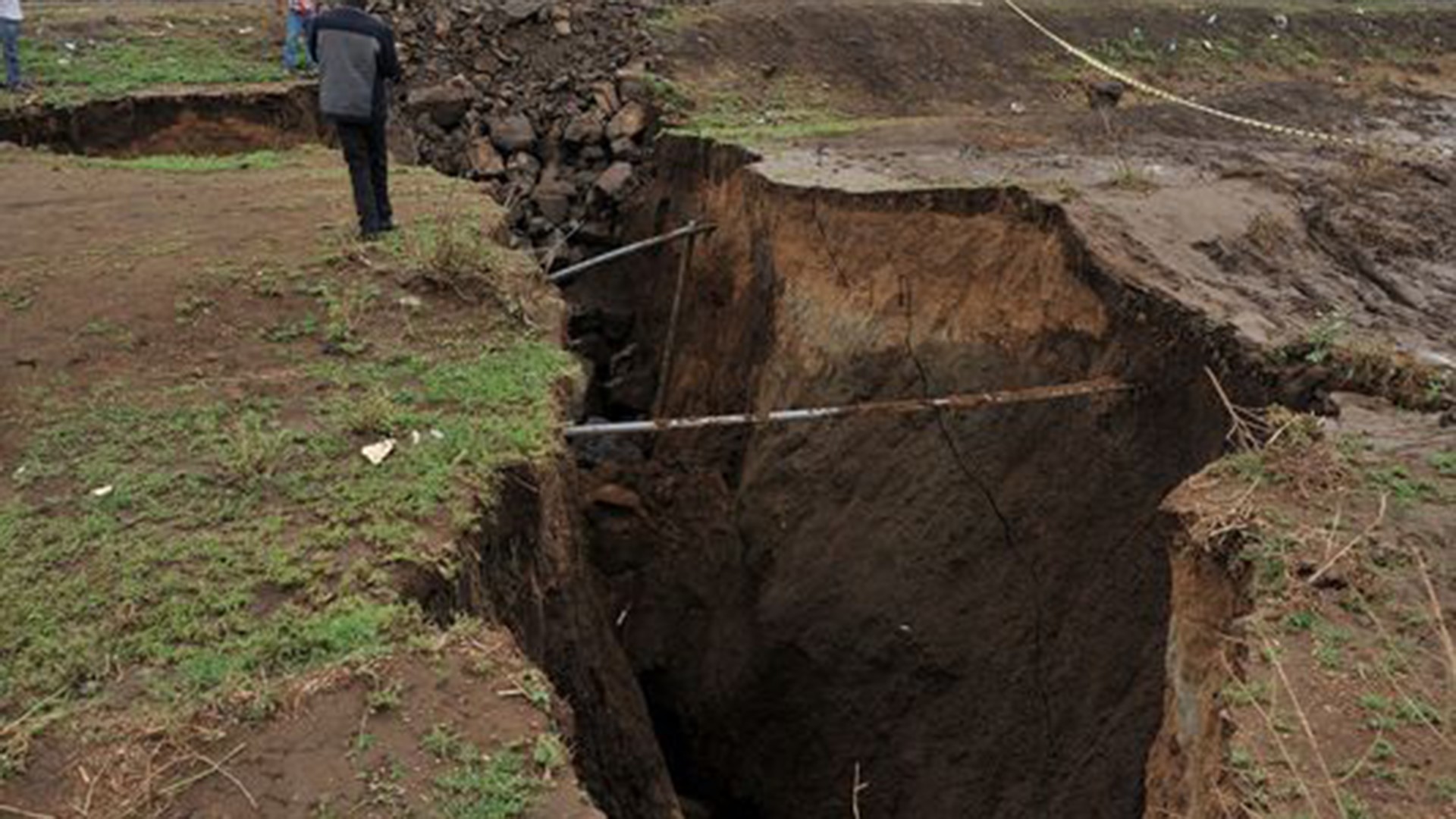A geologist specializing in Geophysics and Seismology, Gladys Karegi Kianji, says the epicentre of Tuesday’s earth tremor in Nairobi was in Magadi area along the eastern arm of the Rift Valley.
Kianji in an interview with KBC warned that the Rift Valley is widening at the rate of two millimeters per year.
This she said is causing the molten magma to move through the fissures towards the surface resulting in tremors like the one felt in Nairobi on Tuesday at 8:32 pm and registered by the Seismometers on Mt. Kilimambogo and the one in Makueni.
Kianji who is a lecturer in the Department of Geology, at the University of Nairobi said there is no cause for worry as the location is remote with a magnitude of 4.6 on the Richter.
However, she says, there is a need to continually take precautions as the country has in the past experienced a 6.9 magnitude earth quake in 1928.
She noted that already the National Construction Authority (NCA) has gazetted a Bill which has incorporated the seismic code to take care of the construction sector ensuring the construction of durable buildings that can withstand seismic activity.
The difference between an earthquake and an earth tremor
An earthquake is a violent shaking of the ground that usually causes widespread devastation as a result of movements in the earth’s crust or volcanic activity.
An Earth tremor is a small, brief movement of the Earth’s surface caused by the same forces that cause earthquakes.
Earthquakes are more intense and cause larger ground motions than tremors, which are typically smaller and less intense.
Whats is Magma
Magma is an extremely hot liquid and semi-liquid rock located under the Earth’s surface. Earth has a layered structure that consists of the inner core, outer core, mantle, and crust.
Much of the planet’s mantle consists of magma. This magma can push through holes or cracks in the crust, causing a volcanic eruption. When magma flows or erupts onto Earth’s surface, it is called lava.





